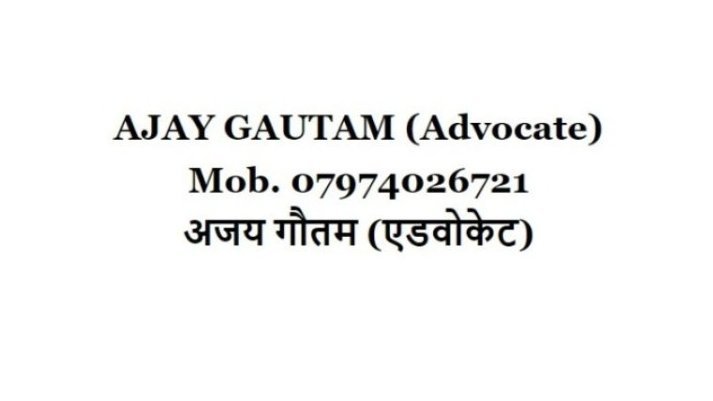Indira Sawhney case is related to which issue?
The Indira Sawhney case (1992) is related to the issue of reservations (affirmative action) in India.
Specifically, it dealt with:
-
Validity of 27% reservation for OBCs in central government jobs (Mandal Commission recommendations).
-
Cap of 50% on total reservations.
-
Concept of “creamy layer”, which must be excluded from OBC reservations.
-
Reservations in promotions (which the Court disallowed).
It is one of the most important judgments on reservation policy in India.
The Indira Sawhney case, also known as the Mandal Commission case, is related to the issue of reservations in India, specifically the implementation of caste-based reservations for Other Backward Classes (OBCs) in government jobs and educational institutions. The case addressed several key issues: whether caste-based reservation policies are constitutionally valid under Article 16 of the Indian Constitution, the criteria for identifying socially and educationally backward classes, setting a cap on the total reservations at 50%, and the exclusion of the “creamy layer” (the economically advanced members of OBCs) from reservation benefits.
The Supreme Court upheld the concept of reservations as a means of social justice but emphasized that reservations should not exceed 50% to maintain equality and prevent reverse discrimination. The judgment also mandated excluding the creamy layer from such benefits and clarified that reservations apply primarily at the initial stage of employment, not affecting promotions. This landmark judgment balanced affirmative action with meritocracy and continues to influence India’s reservation policies and social justice measures.
